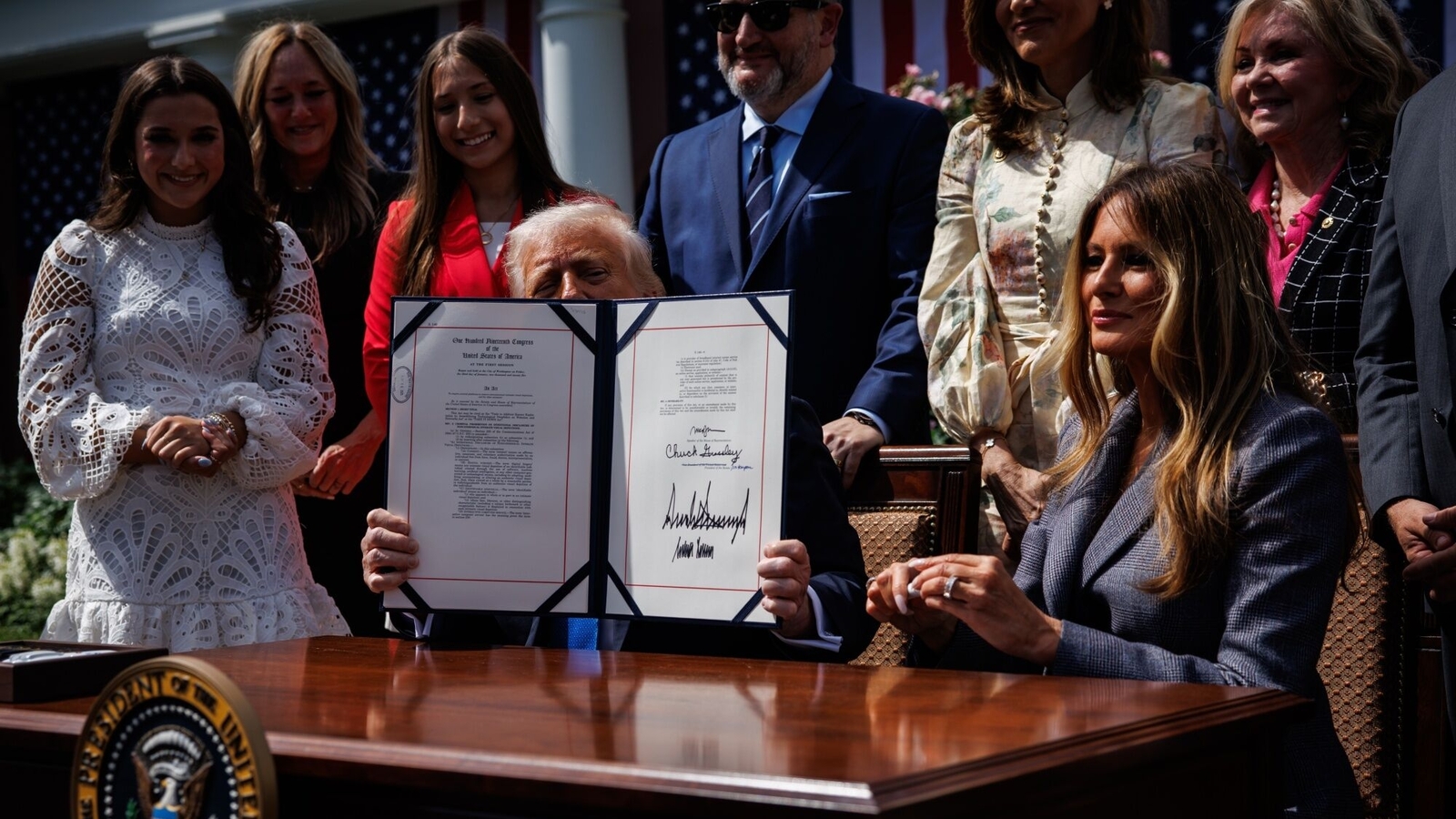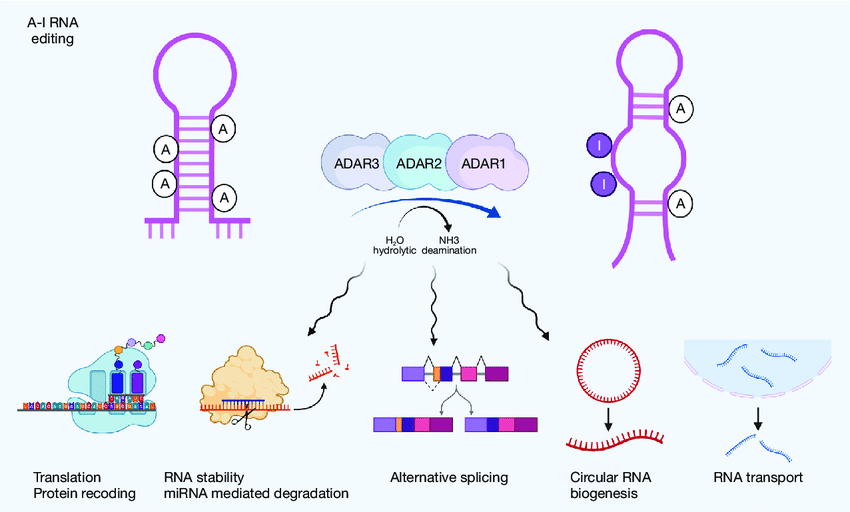- Courses
- GS Full Course 1 Year
- GS Full Course 2 Year
- GS Full Course 3 Year
- GS Full Course Till Selection
- Online Program
- GS Recorded Course
- NCERT (Recorded 500+ Hours)
- Polity Recorded Course
- Geography Recorded Course
- Economy Recorded Course
- AMAC Recorded Course
- Modern India, Post Independence & World History
- Environment Recoded Course
- Governance Recoded Course
- Science & Tech. Recoded Course
- International Relations and Internal Security Recorded Course
- Disaster Management Module Course
- Ethics Recoded Course
- Essay Recoded Course
- Current Affairs Recoded Course
- CSAT
- 5 LAYERED ARJUNA Mentorship
- Public Administration Optional
- ABOUT US
- OUR TOPPERS
- TEST SERIES
- FREE STUDY MATERIAL
- VIDEOS
- CONTACT US
ISRO-DBT Agreement: To Conduct Biotechnology Experiments in Space Station
ISRO-DBT Agreement: To Conduct Biotechnology Experiments in Space Station
- In October 2024, The Indian Space Research Organisation (ISRO) has recently entered into an agreement with the Department of Biotechnology (DBT) to design and conduct experiments that will be integrated into India's planned space station, the Bharatiya Antariksh Station (BAS).
- The Department of Biotechnology (DBT), Ministry of Science and Technology, boosts and augments the development of biotechnology ecosystem in India, through its expansion and application in agriculture, healthcare, animal sciences, environment, and industry.
- This space station is expected to become operational between 2028 and 2035 and aims to enhance India’s capabilities in space exploration and biotechnology.
Objectives of the Collaboration
- The collaborative experiments will focus on understanding biological and environmental factors that impact human health and resource sustainability in a space environment.
-
Potential studies may include:
- Effects of weightlessness on muscle atrophy.
- Identification of algae types for nutrient use or food preservation.
- Algae-based production of jet fuel.
- Effects of radiation on astronaut health.
Context of the Agreement:
- Before the BAS project, ISRO's immediate focus is on the Gaganyaan mission, set to be India’s first crewed spaceflight, scheduled for 2025-2026.
- Uncrewed Test Missions:
- Gaganyaan-1: Uncrewed mission to test spacecraft systems.
- Gaganyaan-2: Second uncrewed mission with a humanoid robot (Vyommitra).
- Uncrewed Test Missions:
- The partnership with DBT aligns with the government’s broader objectives in advancing biotechnology and bio-manufacturing.
Key Highlights of the ISRO-DBT Agreement:
- The ISRO-DBT collaboration falls under the DBT’s 2023 BioE3 (Biotechnology for Economy, Environment, and Employment) policy.
- This initiative aims to strengthen India's bio-economy, projected to reach $300 billion by 2030.
- The agreement emphasizes advancements in:
- Space-based bio-manufacturing.
- Health research.
- Regenerative medicine.
- Biotechnology for waste management.
These areas will also support Indian startups in the biotechnology sector, driving innovation across pharmaceuticals, biotherapeutics, and bio-based technologies.
What is BioE3 Policy?Key Highlights:
Sustainability Goals:
Strategic Focus Areas:
The BioE3 Policy aims to build a resilient biomanufacturing ecosystem in India, addressing critical societal issues such as climate change, food security, and human health through innovative, sustainable practices. |
Benefits of the Bharatiya Antariksh Station (BAS)
- A space station would facilitate scientific experiments in microgravity, which can lead to breakthroughs in fields such as materials science, biology, and medicine.
- Previous studies on the International Space Station (ISS) have provided valuable insights into how plants adapt to space conditions, which can enhance food sustainability.
- Technological Advancements: The design and operation of a space station will foster advancements in:
- Life support systems.
- Robotics.
- Space habitat construction.
These innovations are critical for the sustainability of long-duration space missions.
Global Leadership and Prestige
- Successfully establishing and operating a space station would enhance India’s position as a leader in space exploration, facilitating international collaborations and partnerships.
- A space station could provide opportunities for Indian companies in satellite manufacturing, servicing, and other aerospace sectors.
- Building on the experience gained from the Gaganyaan mission, a space station would allow Indian astronauts to undertake long-duration missions, which is essential for developing capabilities for future crewed explorations.
Challenges in Building and Operating a Space Station
|
Challenge |
Solution |
|
Engineering complexities: Designing a safe and sustainable space station to withstand harsh conditions, including cosmic radiation and micrometeoroids. |
Utilize advanced materials and engineering techniques, including enhanced radiation shielding and micrometeoroid protection systems. |
|
Life support systems: Developing reliable systems for air, water, and waste management for long-term missions. |
Invest in robust, autonomous life support technologies with redundancy, regular testing, and periodic upgrades. |
|
High financial investment: Building a national space station estimated to cost between $10 billion and $30 billion, compared to ISRO's budget of around $1.95 billion for 2024-25. |
Explore public-private partnerships and international collaborations to share costs and leverage additional funding sources. |
|
Funding and resource allocation: Ensuring adequate funding as operational costs can strain national budgets. |
Advocate for increased budget allocations through government support, strategic planning, and public engagement. |
|
International competition: While partnerships can provide assistance, competition among established space powers like the U.S., Russia, and China presents challenges. |
Promote collaborative projects and agreements to share knowledge, resources, and technology while navigating competitive dynamics. |
|
Health risks of long-duration missions: Risks include bone density loss and increased intracranial pressure, alongside psychological stresses from isolation. |
Implement countermeasures like exercise regimens, nutritional support, and mental health resources to manage physical and psychological health. |
|
Logistical support: Maintaining a space station requires consistent resupply of essentials; without reusable rockets, ISRO may face challenges in logistics. |
Establish partnerships with commercial spaceflight companies and invest in developing a reliable fleet of resupply vehicles. |
By exploring critical biological and environmental factors in space, this partnership not only aims to enhance scientific research but also to foster advancements in biotechnology and related fields. However, the successful establishment and operation of the Bharatiya Antariksh Station will require addressing various challenges, including engineering complexities, financial constraints, and ensuring astronaut health.
Other Space Stations
|




